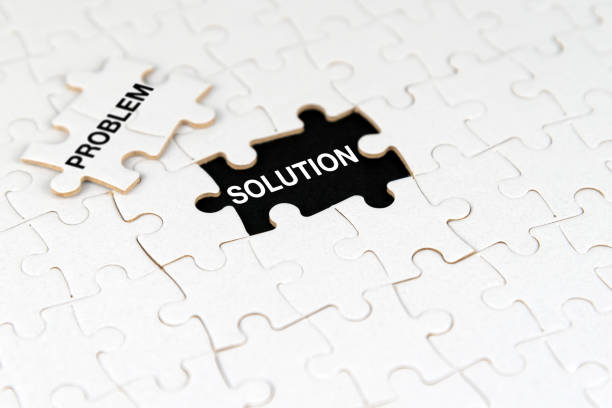Diet and mental health are linked. We are taught from a young age that eating well makes us look and feel better. It's not often that we find out that eating a healthy diet also has a big effect on our mental health. A well-balanced and nutritious diet can help us feel more awake and think more clearly. Additionally, it increases concentration and attention span. On the other hand, a poor diet can make you tired, less likely to make decisions, and take longer to react. A poor diet can actually make stress and depression worse. There are numerous ways that certain foods can harm mental health. A few examples include.
Produced Foods
Sugar, salt, and unhealthy
fats are common in processed foods, which can spike and drop blood sugar, which
can cause mood swings and irritability. Additionally, excessive sugar
consumption has been linked to anxiety and depression. Sugar and processed
foods can lead to inflammation in the body and brain, which may be a factor in
mood disorders like depression and anxiety. We frequently turn to processed
foods for a quick pick-me-up when we are anxious or depressed. Healthy fruits
and vegetables are substituted for high-fat, high-calorie fast food during busy
or difficult times, and a cup of coffee takes the place of a full breakfast. A
pint of ice cream turns into dinner when you're down.
Caffeine
According to Dr.,
"consuming an excessive amount of caffeine can lead to feelings of
anxiety, nervousness, and irritability." Rohini Patil, MBBS, CEO of
Nutracy Lifestyle and nutritionist. It can also make it hard to sleep, which
can make anxiety and depression even worse. Caffeine's stimulant effects
disrupt the sleep cycle and give you energy. Additionally, it hinders the
absorption of vital mood-regulating vitamins. Energy drinks have the same
amount of caffeine as 10 cans of Coke, so you might want to steer clear of
them. Moderation is the key, so choose your beverages carefully. Instead, give
herbal teas like lemon balm, peppermint, or lavender a try. These hot drinks
are energizing and calming.
Alcohol
Drinking too much alcohol can
make it hard to sleep and cause depression and anxiety. When consumed on an
empty stomach, drinking alcohol frequently disrupts sleep and raises blood
sugar. Anxiety can be exacerbated by excessive alcohol consumption, which can
result in physical dehydration and hangover symptoms. The combination of
hangover symptoms like dehydration, lack of sleep, a lack of B vitamins, and
the alcohol detox process can cause anxiety and tension.
Foods High in Fat
An elevated risk of depression
and anxiety can result from a diet high in trans and saturated fats. Saturated
fats, such as those found in butter, high-fat dairy products, and deli meats,
have the potential to clog arteries and decrease blood flow to the brain,
impairing its capacity for optimal performance. Even worse is the combination
of sugar and these harmful fats! A diet high in added sugars and saturated fats
is consistently linked to higher levels of anxiety, according to studies.
Gluten
Wheat, barley, and rye contain
the protein gluten. Consuming gluten can cause inflammation in the brain, which
has been linked to mood disorders like depression and anxiety. Some people are
allergic to gluten. A lot of research shows that people with anxiety should
think about cutting out gluten or cutting back on it to see if their symptoms
get better. In addition to celiac disease, gluten can be problematic for
non-celiac sensitivity individuals.
The Conclusion














0 Comments